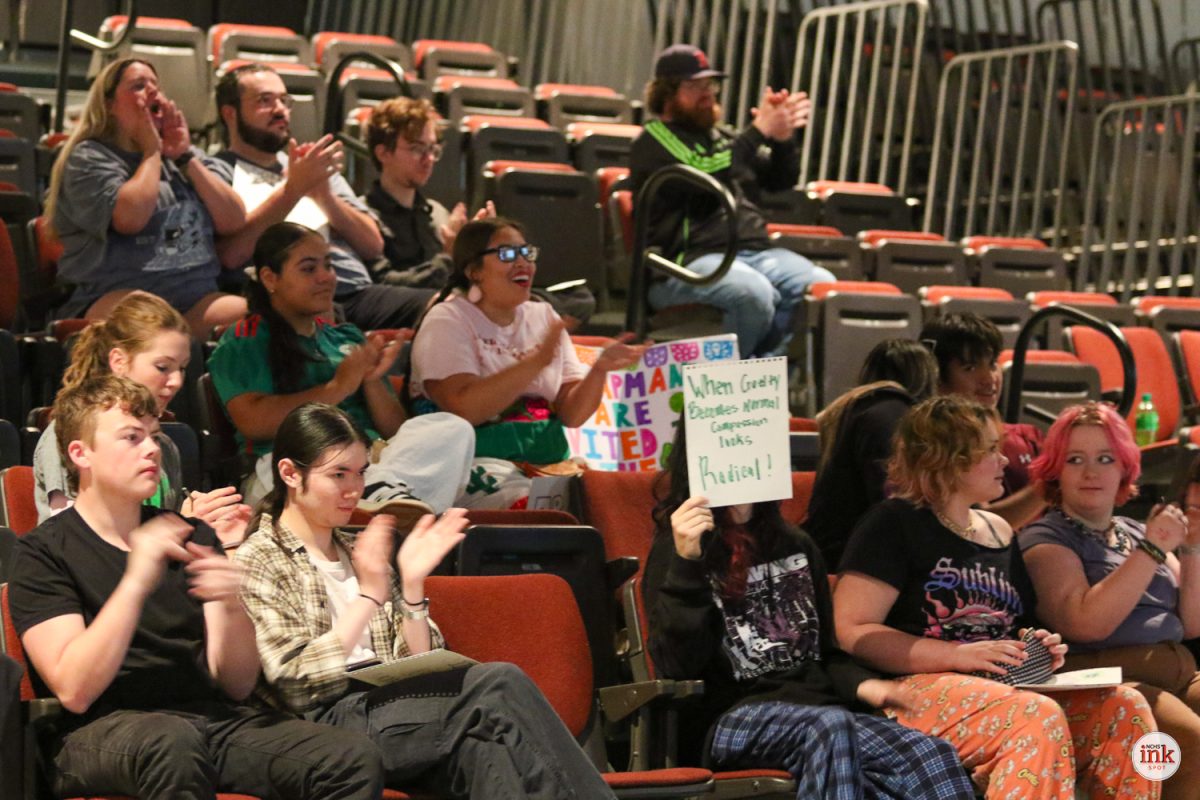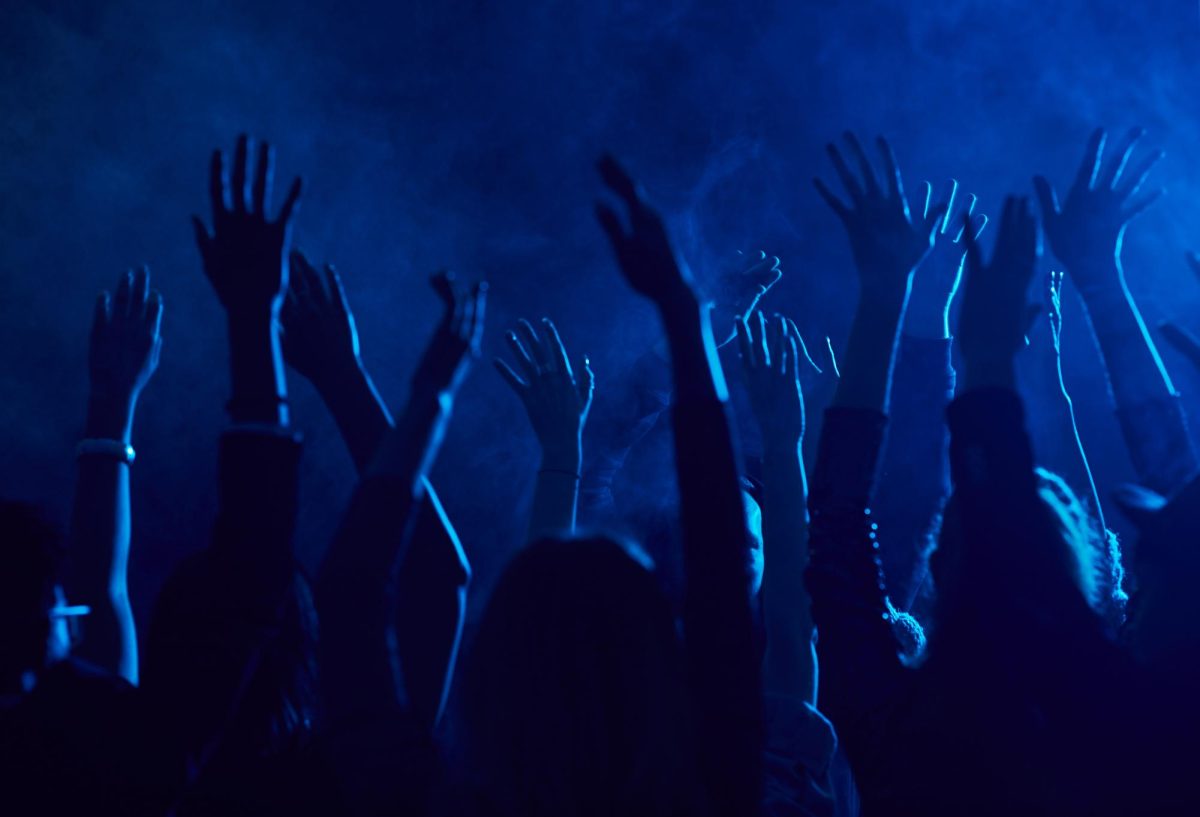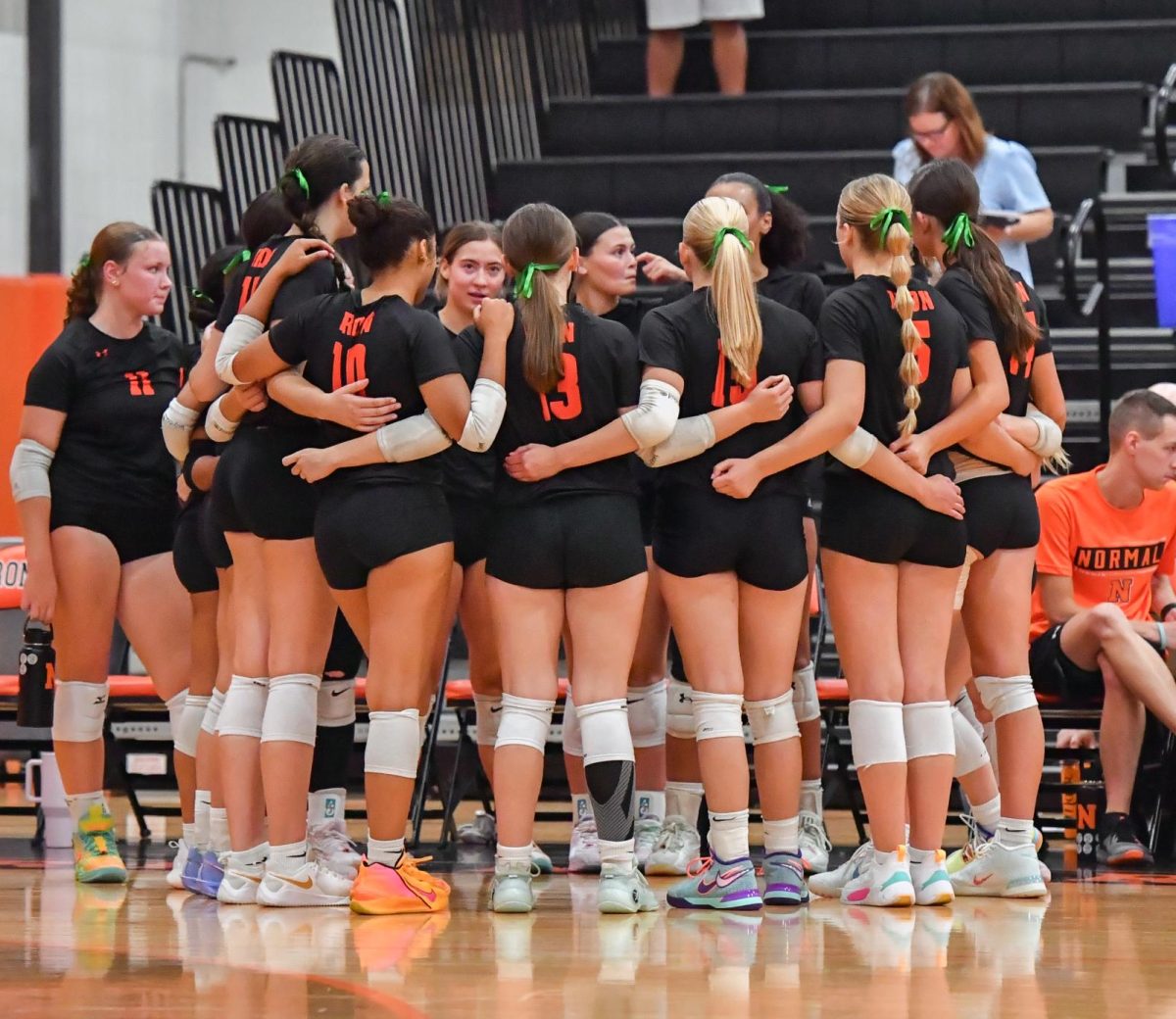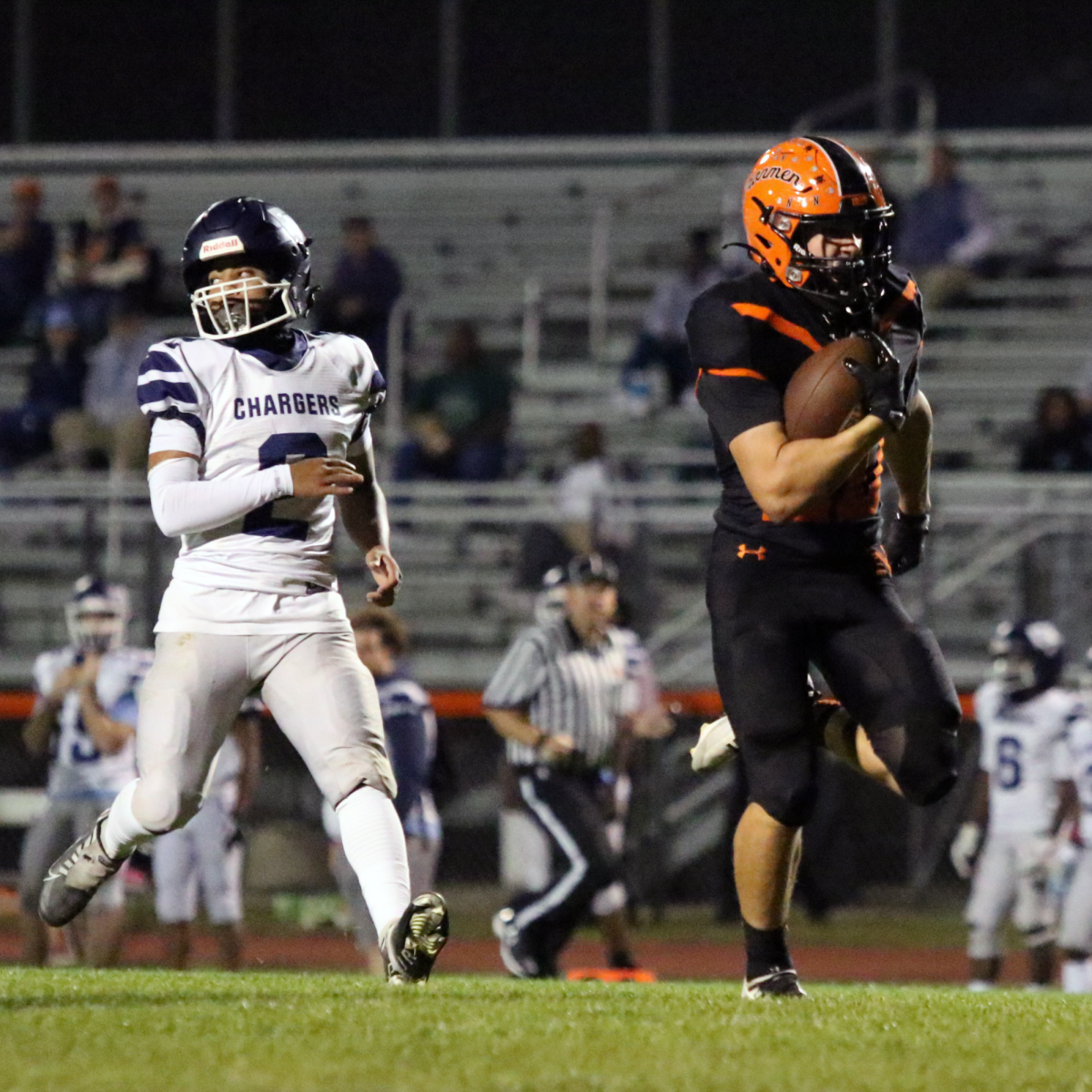Heavy eyelids. Throbbing headaches. Early mornings spent in a groggy haze.
Sound familiar?
You may be among the seventy percent of American high schoolers who aren’t getting the recommended eight to 10 hours of sleep on school nights.
Students at Community and across the country battle the effects of sleep deprivation daily. This National Napping Day, March 14, provides a chance to reflect on the importance of a good night’s sleep.
William Anthony, Ph.D., a professor at Boston University, launched Napping Day in 1999 to spread awareness about sleep’s health benefits. The holiday occurs the day after Daylight Savings Time begins, allowing observers to catch up on that lost hour of sleep.
But “springing forward” isn’t the only thing keeping American teens from reaching their sleep quotas.
School’s 8:30 a.m. start time and 3:30 release leaves students stuck with a narrow window to squeeze in extracurricular activities, mountains of homework, work and a social life.
Often, sleep is what teens elect to sacrifice in the name of “productivity.”
Shruthi Vudaru (’24) said she sleeps for seven hours on a “good day” and four to five hours on a “bad day.” Although homework influences Vudaru’s sleep schedule, her perception of sleep as “unproductive” often keeps her from reaching the recommended eight-hour quota.
“I feel like it’s a waste of time,” Vudaru said. “I could be a lot more productive, which is why I don’t like taking naps.”
Rhea Kumar (’24), who sleeps for four to six hours each night, agrees that schoolwork is more important than rest.
“[Sleep] is not a huge priority for me,” Kumar said. “I don’t think anyone’s ever said, ‘Make it your first priority over stuff like homework.’ So I never really did.”
With school work topping some students’ priority lists, sleep often becomes an afterthought.
Jenna Mullins’ (’24) prioritizes both school and an extracurricular activity— her multi-hour cheer practices— above sleep. Like many other students who devote themselves to clubs and sports, Mullins averages just five hours of shut-eye each night.
“I usually have practice until nine,” Mullins said. “And when I get home, I have homework… [lack of sleep] affects my motivation during the day.”
Decreased motivation is a common effect of sleep deprivation, but the list of symptoms runs much longer. From slower thinking and poor decision-making to struggles with memory and attention span, inadequate sleep directly impacts how a person feels during the day.
Shrikar Chennuru (’23) believes his lack of sleep “doesn’t affect” his daily life, despite only sleeping two to three hours on an average night.
Chennuru said he doesn’t feel any drastic consequences from insufficient sleep yet, but he said he “definitely [doesn’t] think this is sustainable.”
He’s right.
An increased risk of heart and kidney disease, diabetes, obesity, dementia and cancer could lie in store for those who don’t lie in bed.
Long-term effects like these motivate Richard Achesah (’22) to maintain a consistent sleep schedule, despite his mounting schoolwork and a part-time job.
Achesah recently learned about the vitality of sleep— especially Rapid Eye Movement (REM) sleep, a period of rest that restores one’s brain— in his psychology class. Healthy amounts of REM sleep improve memory and academic performance.
“Sleep is probably the most important thing you can get,” Achesah said, “because it’s a third of your life.”



![Community honors longtime coach Mr. Bryan Thomas before Oct. 3 game [photo gallery]](https://nchsinkspot.com/wp-content/uploads/2025/10/Thomas-6-1200x1200.jpg)























![Playoffs Rd. 1: Coach Drengwitz on Ironmen’s 7A playoff opener at Carmel Catholic [video]](https://nchsinkspot.com/wp-content/uploads/2025/10/PW_PresserVCC_Thumb.png)



















![Halloween candy cross section quiz [quiz]](https://nchsinkspot.com/wp-content/uploads/2022/10/Candy-cover-big-900x675.png)
![Average Jonah? [quiz]](https://nchsinkspot.com/wp-content/uploads/2022/05/average-jonah-900x600.png)







![[Photo Illustration]](https://nchsinkspot.com/wp-content/uploads/2025/09/trigger-words-1.png)











![Ironmen volleball head coach Ms. Christine Konopasek recorded her 400th career victory Oct. 21 as the Ironmen closed their regular season with a 2-0 sweep over Danville.
[Photo Illustration]](https://nchsinkspot.com/wp-content/uploads/2025/10/Vball400Thumb.png)
![Week 9: Coach Drengwitz on Week 8’s win, previewing Peoria High [video]](https://nchsinkspot.com/wp-content/uploads/2025/10/W9_PeoriaThumb.png)





![Postgame: Drengwitz on Community’s 56-6 win over Champaign Centennial; staying unbeaten in Big 12 [video]](https://nchsinkspot.com/wp-content/uploads/2025/10/10.17_FBwChampCent56-6_POST_thumb.png)

![On the Spot: This or That – Halloween [video]](https://nchsinkspot.com/wp-content/uploads/2024/10/tot-Halloween-YT-1200x675.png)
![On the Spot: This or That – Fall favorites [video]](https://nchsinkspot.com/wp-content/uploads/2024/10/ots-fall-web-1200x800.png)
![On the Spot – Teachers tested on 2023’s hottest words [video]](https://nchsinkspot.com/wp-content/uploads/2024/01/On-the-Spot-Teachers-tested-1200x675.png)










